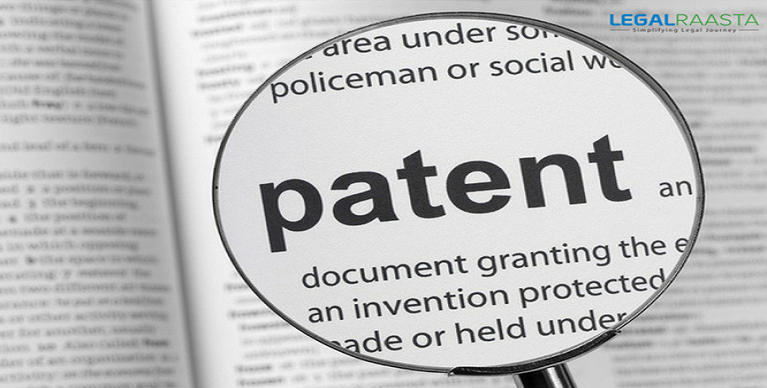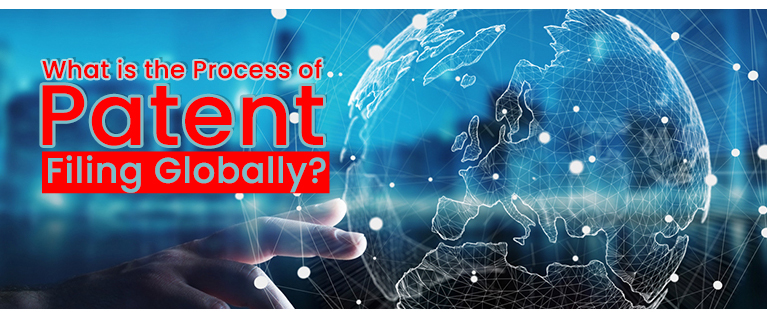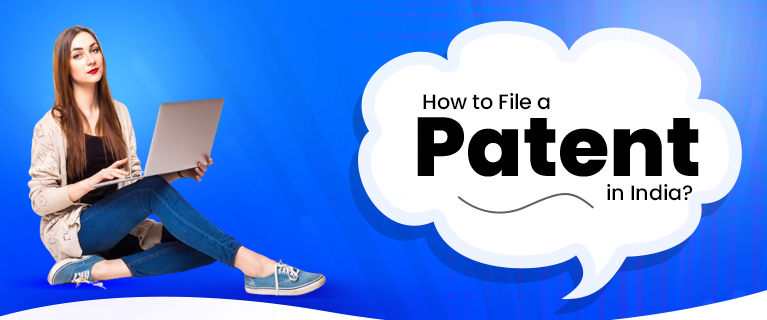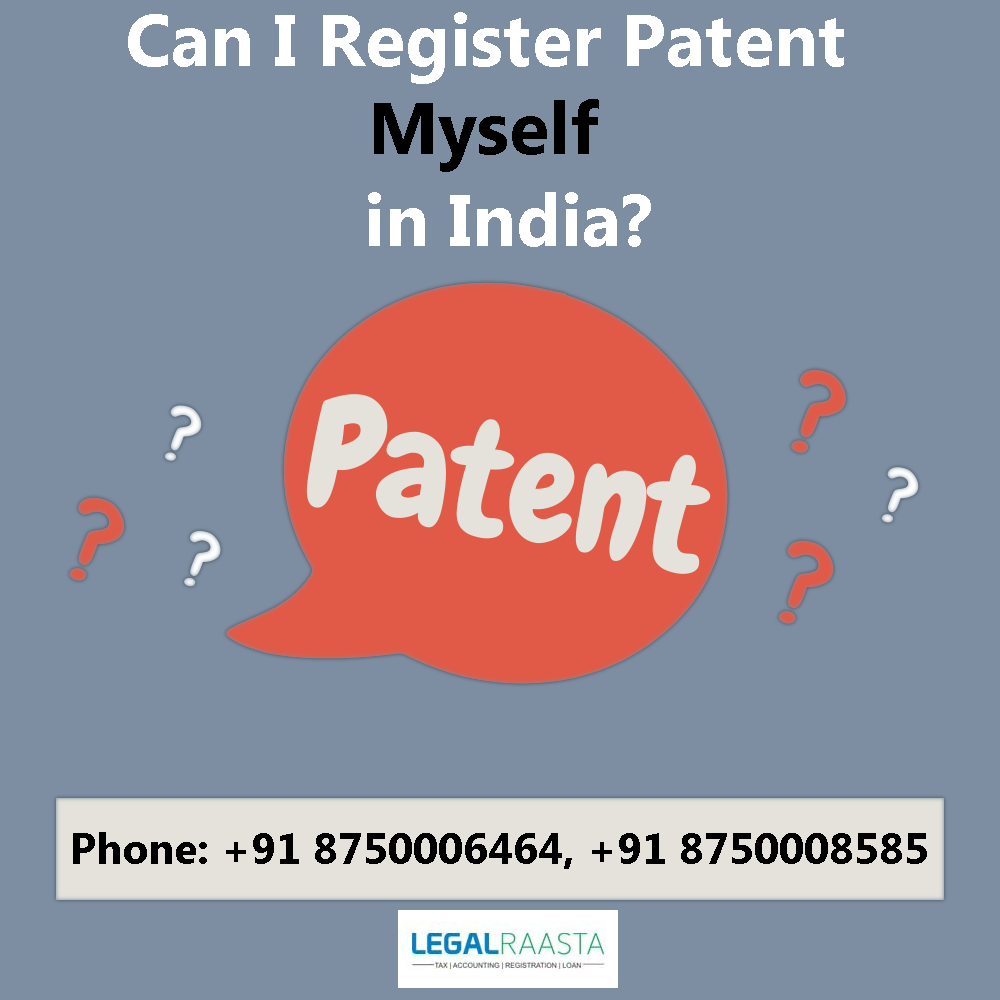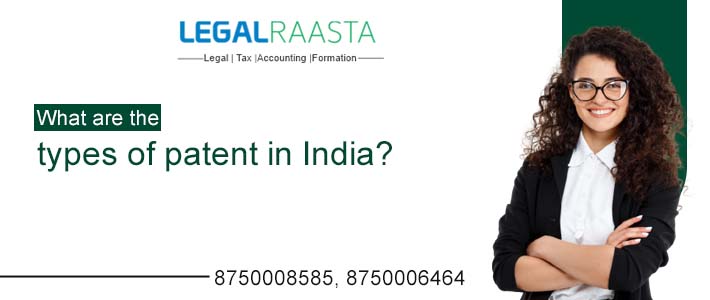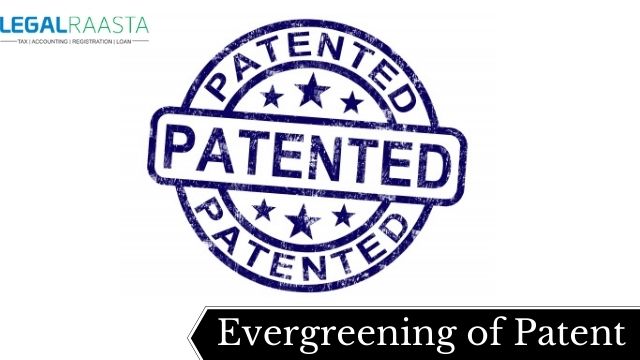What rights does a patent provide with?
Intellectual property has become an important topic of late and this has become a sort of concern. Grant of the patent has several implications and consequences. But securing a patent in itself is a big deal. It is issued in the name of the country along with the patent seal. A printed copy with the seal is provided to the holder of the patent.
The patent in detail is basically a monopoly right which is granted to an inventor by a national or regional patent office when he creates something very innovative, new and useful as well and most importantly which is non-obvious in nature i.e., which has not been found yet. Obtaining a
patent cover prevents others from using, selling, manufacturing or duplicating the invention without the permission of the inventor before the end of expiry period. After the expiry period, however, the invention becomes public and anyone can use the technology as per their own will without any restrictions.
Patents generally do not protect an ‘idea’; it is a form of tangible description or basically the realization of the idea for e.g. drawings, prototypes etc., an idea which is capable of protection. Only a new product that contains functional and technical aspects can be patented.
The rights of a patent holder are:
- Sale of the product
The patent holder has the right to manufacture, import, offer for sale or sell the product at his own will. He doesn’t need any permission from anyone regarding the sale of the product and has right to do all this on his own. No one can stop the patent holder from deriving the benefit of the patent.
- Stocking the goods for sale
No person other than the owner of the
patent can manufacture and store the goods which use the technology patented by the owner. This is illegal in the eyes of law. The patent owner can sue the illegal user of the good.
- Claiming compensation for illegal use
The owner can claim compensation from the person illegally using the patent i.e. without the authorization of the patent owner. He can receive a considerable amount of money for that.
- Grant the license to others
A patent holder has all the rights to grant the license to the third party. This means providing the rights to the license holders to use the patent for a provided period. This is to use the technology legally and properly to take benefit of the
patent in the right way.

